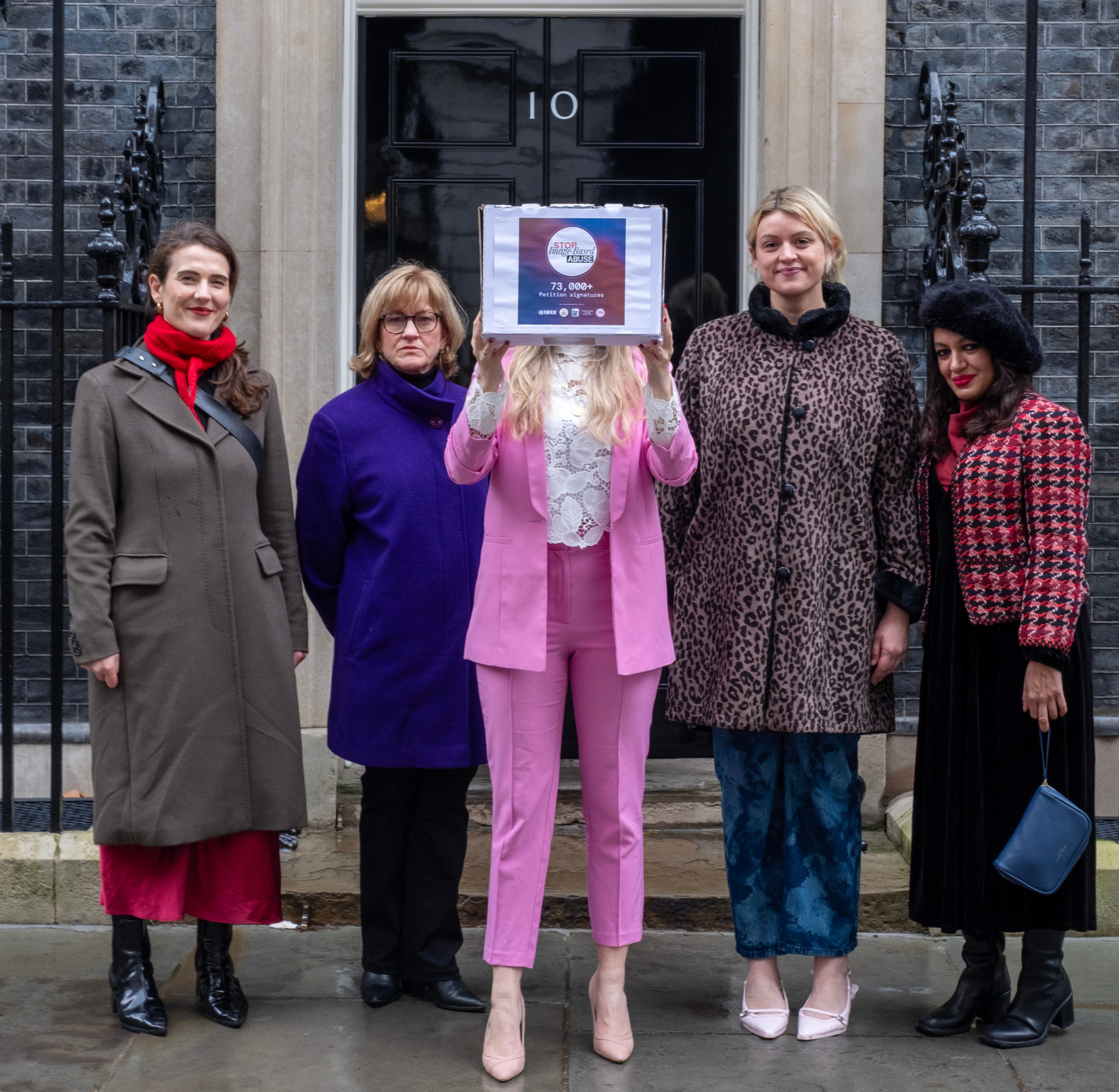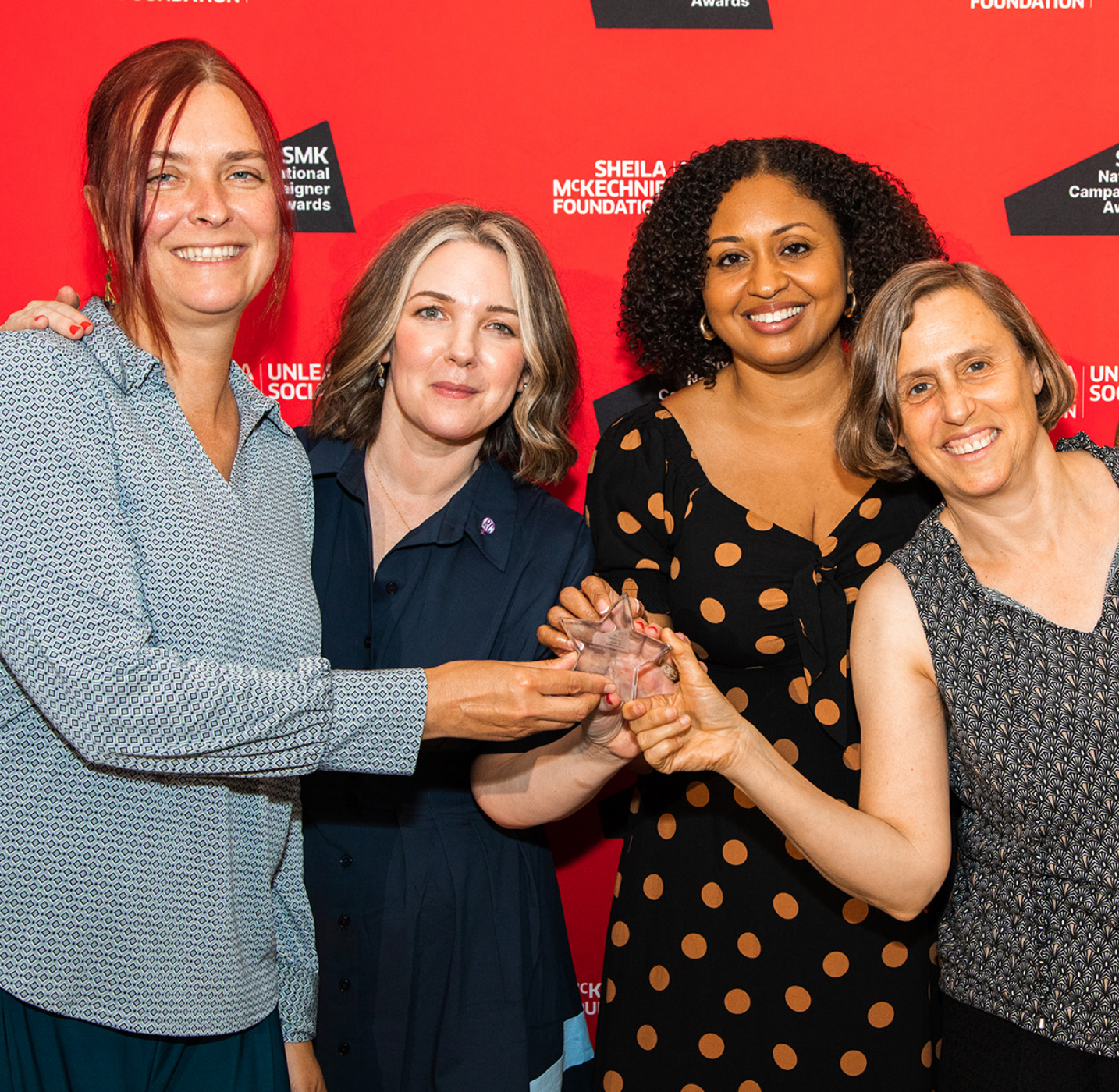 06 Feb
06 Feb
The Public Accounts Committee (PAC) has today (16th May 2025) published a report finding that the government response to violence against women and girls (VAWG) is continually failing to fund and prioritise work to prevent harmful attitudes and tackle harmful content.
Some of the PAC’s key concerns include:
- The Department for Education (DfE) is not doing all it can to support work with young boys to address harmful attitudes, or proactively educating young people on the dangers of exposure to harmful online content and how this can lead to misogynistic attitudes.
- The Department for Science, Innovation and Technology (DSIT)’s reactive approach to tackling online violence against women and girls may not sufficiently protect those at risk of online harm
We support many of the recommendations, including for the Home Office to outline how it will hold all departments to account for their part in tackling violence against women and girls. Our government accountability framework, supported by expert VAWG organisations, sets out an approach for accountability and delivery of the government’s strategy to end VAWG.
We also welcome the PAC’s recommendations which recognise the need for government to provide long-term, sustainable funding for the VAWG sector’s vital work. With demand for this support rising, specialist services are facing funding challenges that put them at risk of closure and survivors without access to vital help.
We also welcome recommendations for government to capture and share evidence of what works when preventing VAWG, which is absolutely crucial for establishing best practice. Further to this, we urge the government to publish evidence and insights from their own public awareness raising campaigns on VAWG. However, whilst the committee finds that prevention work is not properly resourced, the recommendations could go further to highlight the need for ring-fenced funding for this work.
While the PAC recommends the DfE set out how it intends to work with children and young people to prevent violence against women and girls, including through relationships and sex education, we are clear that this work must involve the input and expertise specialist VAWG sector.
Finally, we support recommendations for the Home Office to set out how it will measure progress against its ambition to halve VAWG in a decade. Our metrics framework proposes a set of meaningful indicators to track this mission.
Andrea Simon, Director of the End Violence Against Women Coalition (EVAW), said:
“This report is the latest in a series of reports from committees finding gaps and weaknesses in the government response to violence against women and girls. Notably, these weaknesses are around preventing abuse from happening in the first place, which we know is the most important element of ending violence against women and girls.
An effective response from government needs to be cross-departmental and involve action to ensure we prioritise education on healthy and respectful relationships, can intervene early by identifying victims and providing routes to support, as well as preventing and disrupting perpetrator behaviour.
We call on the government to implement these recommendations without delay. We need long-term, sustained political commitment that is matched with investment to make its mission of halving VAWG a reality.”
ENDS
Media contact
Sinéad Geoghegan, Head of Communications, End Violence Against Women Coalition, media@evaw.org.uk 07960 744 502
Recommended ARTICLES
 06 Feb
06 Feb
 15 Jan
15 Jan
 12 Jan
12 Jan

